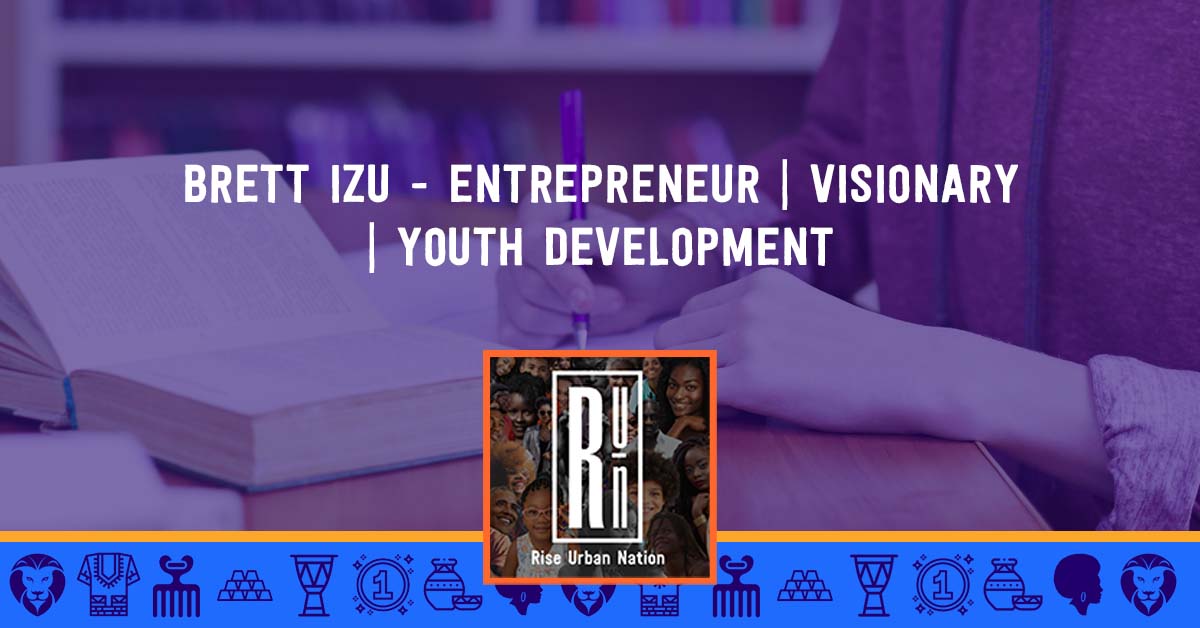What Should New African Entrepreneurs Invest In? A Guide
As a new entrepreneur, you may have bootstrapped when growing your business. Many minority entrepreneurs start their companies with little funding.
Despite the challenges, you're now seeing some constant cash flow. And you would want to find the best way to grow your net worth.
Investing money the right way can help you increase your income and build more wealth. So, what are the best investments for new African entrepreneurs? Find out in this guide.
Invest in a Solid Team
New entrepreneurs often think they can do everything themselves. Many new entrepreneurs are used to wearing many hats but end up getting burnt out.
As much as you're so passionate about your business, you can't scale up when you're alone. Playing too many roles impedes your growth.
One benefit of having mentors or talented teams is access to different perspectives. You can avoid many mistakes along the way when you're drawing ideas from a talented pool.
If you're getting started, you'll need a compatible co-founder. This should be someone intelligent and capable of matching your entrepreneurship zeal. But if you think you can handle it alone, create a solid strategy and find good mentors. Getting mentorship is one of the ways Black professionals can become successful entrepreneurs.
A solid hiring strategy will ensure you're hiring people who can buy and invest in your growth vision. The right talent can maintain quality and free you to focus on growth.
Quality talent is a wise investment because it can help unlock our entrepreneurial potential. Think about building a diverse team to gain from varied perspectives and cultural competence.
Invest in Yourself
If you've just stepped into the entrepreneurship world, learn to be humble. Admit you have a lot to learn to become a better entrepreneur.
Many entrepreneurs, including serial entrepreneurs, lack core entrepreneurship skills. Many young African entrepreneurs don't perceive a lack of business skills as an impediment to their success.
The truth is entrepreneurship is about learning and development. Only by being curious can you keep up with the fast-changing marketing dynamics.
So, as a new entrepreneur, or founder, maximize your opportunities to expand your mind. Invest money in books, courses, podcasts, conferences, and mentorship to sharpen your skills.
Every challenging part of entrepreneurship is an opportunity to learn about the game. If you're a beginner investor, you must learn how to invest, or else you'll make bad investments.
It's easier to invest money in a financial asset than in personal growth. This is a common mistake because the most important investment is you. Investing in personal development will help you deprogram and build a growth mindset.
Invest in Building Your Personal Brand
Building a personal brand is one aspect you can easily overlook as an entrepreneur. More often, you're likely to focus on your business which may mean your personal brand suffers.
A powerful personal brand is a powerful tool in the digital world. It's a component that can position you as an expert or industry leader. Every popular leader has it, which gives them the most influence.
A personal brand is like a brand image. It refers to how other people regard or perceive you as an entrepreneur. People will define you based on what you say, do and share in the media.
Building your personal brand is the key to building a loyal following. People will pay attention if you're famous or offering something valuable. Celebrities and influencers are examples of successful personal brands.
Building an ultimate personal brand is an investment. You need to figure out how you want your audience to perceive you. After that, identify the tools and platforms to reinforce your desired personal image.
Ensure your social media profiles, bios, and messaging reflect your desired brand image. Please make sure they're clean, professional, and precise about what you do and your values.
The next way to reinforce your personal brand is to build a personal website. Define your purpose and let your website reflect it. This way, people can quickly learn about you and what you stand for when they're online.
Remember to identify your audience's favorite channels and focus on influence. With so many platforms, you must ensure you're targeting those related to your business.
Invest Money in Other Businesses
Many experts recommend reinvesting profits back into the business. Black entrepreneurs often say they find it a challenge to access credit. So, reinvesting profits into your business is an easier way to grow your business.
You may also want to help other African investors the same way you're probably helped. Many African-owned startups will do with a bit of backup.
The good thing about helping other entrepreneurs is it can be very rewarding in the long run. You'll choose high-potential startups, which could be another way to grow your money.
Supporting other businesses is another opportunity to broaden your network. You'll build relationships with new entrepreneurs and investors, which boosts your brand. Besides, you may learn about new strategies and techniques that will be useful in the future.
Entrepreneurship is risky, and it's not for everyone. 80% of black-owned businesses fail before their second anniversary. Holding onto your money rather than investing kills other businesses.
The success rate of black-owned businesses is likely to increase if we support each other. More startups will thrive, and the appeal of our businesses will improve, leading to more investors.
Invest in Real Estate
One of the many ways successful black millions started is by investing in real estate. 90% of millionaires attribute their success to real estate investments.
Yet, the Black community lags when it comes to investing in real estate. According to the U.S. Census Bureau, fewer than 6 percent of all real estate professionals are Black.
The good news is the Black community is coming together to encourage Black's homeownership rates. The Black Real Estate Agent program provides Black agents financial, educational, and career support.
Investing in real estate is an excellent opportunity to create wealth. For an African entrepreneur, it's both an investment and a cause to address the income gap in the industry.
You need a financial cushion if things don't go as planned in your business. Real estate can give you more control of your investment. The best part is that it can be a passive investment that doesn't require your time to manage.
Saving is one of the ways to get started in real estate. It's more affordable using your savings, especially if you're a new entrepreneur. Remember, your company is probably too young to help you manage debt effectively.
You can also consider partnering with other like-minded Black entrepreneurs when getting started. Real estate investment groups allow you to own shares in investment rather than buy an entire property which can be expensive.
Invest in Oil
Investing in oil is one of the most powerful investment opportunities. Oil runs the world. Countries stop functioning when there's an oil shortage.
Even if you're not ready to invest, this is one of the opportunities you should learn more about. Oil or gas investments can offer excellent financial benefits.
There are many ways African entrepreneurs can get started in the oil business. The most straightforward one is to invest in the leading oil stocks. You can own a stake in BP, Shell, Sinopec, or ExxonMobil.
Another way is to invest in oil futures. Futures allow you to speculate on oil prices and buy or sell at a later date when you can make a profit. To get started with futures, you need to join an Oil futures trading platform.
Many traders prefer investing in oil EFTs (Exchange Traded Funds. EFTs are one of the simplest ways to trade or invest in oil. An EFT combines stocks, futures, and derivative contracts into one trackable investment.
Invest in Stock
Stocks are a common topic in many investment and personal finance classes. Stocks are also one of the easiest and fastest ways to start investing.
Investing in stocks allows you to own shares in any listed business in your country or the U.S. This can make you a partial owner in your choice of trading companies.
You hope to see a stock that you bought appreciating. Appreciation of your stock makes it valuable and sellable at a profit.
Speculating stock prices is an experience game. It's usually tricky to tell whether a stock's price will go up or down. Experts recommend thinking in the long-term when investing.
Another good rule of thumb is to diversify your stock portfolio. This helps you to contain the ups and downs in any market. For example, The S&P 500 returned an average of 11.82% per year between 1928 and 2021.
Take Advantage of the Best Investments for New African Entrepreneurs
Many new African entrepreneurs start their journey by investing in stocks, real estate, or oil. But investing is not only about financial wealth.
To become a successful investor, you also need the right mindset and skills. Personal development is also an integral part of the process.
Your dream should be to become an all-around entrepreneur. Join our mailing list to receive the latest investment resources.











